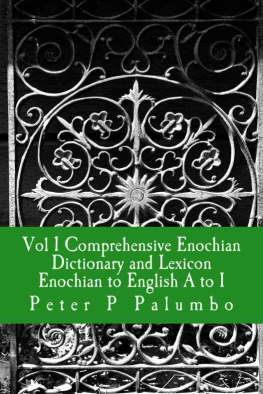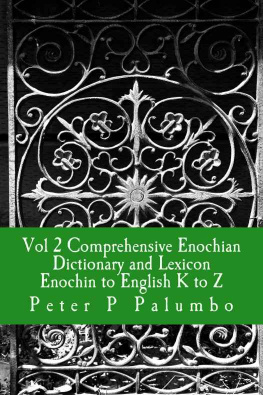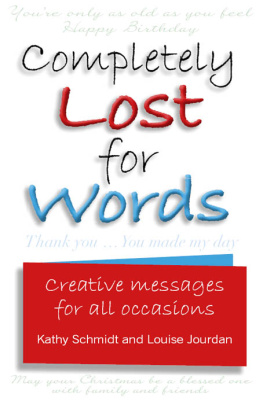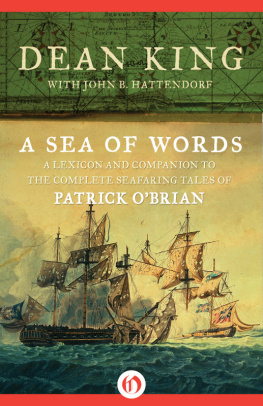Kathy Steinemann - The Writer’s Lexicon: Descriptions, Overused Words, and Taboos
Here you can read online Kathy Steinemann - The Writer’s Lexicon: Descriptions, Overused Words, and Taboos full text of the book (entire story) in english for free. Download pdf and epub, get meaning, cover and reviews about this ebook. year: 0, genre: Romance novel. Description of the work, (preface) as well as reviews are available. Best literature library LitArk.com created for fans of good reading and offers a wide selection of genres:
Romance novel
Science fiction
Adventure
Detective
Science
History
Home and family
Prose
Art
Politics
Computer
Non-fiction
Religion
Business
Children
Humor
Choose a favorite category and find really read worthwhile books. Enjoy immersion in the world of imagination, feel the emotions of the characters or learn something new for yourself, make an fascinating discovery.
- Book:The Writer’s Lexicon: Descriptions, Overused Words, and Taboos
- Author:
- Genre:
- Year:0
- Rating:4 / 5
- Favourites:Add to favourites
- Your mark:
- 80
- 1
- 2
- 3
- 4
- 5
The Writer’s Lexicon: Descriptions, Overused Words, and Taboos: summary, description and annotation
We offer to read an annotation, description, summary or preface (depends on what the author of the book "The Writer’s Lexicon: Descriptions, Overused Words, and Taboos" wrote himself). If you haven't found the necessary information about the book — write in the comments, we will try to find it.
The Writer’s Lexicon: Descriptions, Overused Words, and Taboos — read online for free the complete book (whole text) full work
Below is the text of the book, divided by pages. System saving the place of the last page read, allows you to conveniently read the book "The Writer’s Lexicon: Descriptions, Overused Words, and Taboos" online for free, without having to search again every time where you left off. Put a bookmark, and you can go to the page where you finished reading at any time.
Font size:
Interval:
Bookmark:
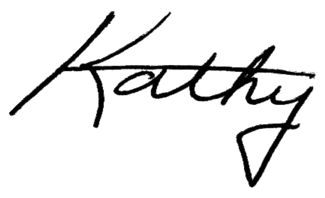
Writers in English, whether creatingfiction, composing poetry, or recording facts, have multipleopportunities to vary their means of articulating their thoughts.And, when authors use synonyms to effect, they not only enliventheir work but simultaneously provide the prospect for readers toincrease their vocabularies. A win/win situation if ever therewas. Any decent thesaurus lists alternatives forthe word a writer seeks. But it takes experience and imagination toprovide suggestions for replacements that will bring life to apiece of writing. Examples of usage, samples of extremes, instancesof subtlety, and variations in mood and tone all feature in KathySteinemanns excellent resource. She gives readers of this bookcomprehensive lists of similar or related words to those commonlyused, providing real substitutes for the conventional and allowingwriters to construct work that employs the most pertinent wordswherever possible.
Using this source, a writer can be certainthat her characters will merely cry no more. They may weep, wail,moan, caterwaul, pine, snivel, yowl, or any of dozens of otheremotive actions. But they wont be forced simply to cry. And, usingKathys examples as a lead, authors can improve their writing andraise it above the crowd, allowing readers to fully immersethemselves in the resulting creations. Stuart Aken is a novelist,storyteller, blogger, and developing poet. Refusing to be bound bygenre, he often mixes styles and content to produce unique works offiction that capture the imagination whilst purveying captivatingmessages about the human condition.
He has produced romance,thriller, epic fantasy, science fiction, and other works, whichstretch the normal boundaries of their allotted category. Youllfind his work, along with informative pieces on language use,opinions, and personal insights on his website at StuartAken.net .
As you write, realize that you wont findevery word you need in a thesaurus. For instance, a search of myfavorite thesauri for go didnt show skirr, whichmeans to move rapidly, especially with a whirring sound. When not writing, pay attention as you reador do crossword puzzles. Youll encounter alternatives that dontappear in your usual sources. By the way, sprinkled throughout thesechapters youll find ideas for story prompts.
You know what Im talking about, dont you?Those little pests that cause big problems, creepinginto prose and poetry like a virus. You insert a favorite phrase.It seems so right that you insert it a few more times. Great. Until you realize youve repeated it adnauseam. No worries. Even if you dont find asubstitute phrase in these pages, youll learn how to engage youringenuity and create alternatives.
Although youll encounter a few rules inthis book, writing is not rules. It is a fusion of emotions,senses, and conflict. Whatever engages your readers should be therule.
At the end of this chapter, youll findalternatives for beautiful. Rather than plug insubstitutions, try exploiting the suggestions as catalysts totransform the words into verbs or nouns. Consider this sentence: Helen wasbeautiful. Lets pick a few words from the list and doa rewrite. Helensetherealpoisetantalizedeverysuitor who bowed the knee before her. Better? Cultivate your creativity. Instead of searching for overuseddescriptors, consulting a thesaurus, and selecting substitutions,try capitalizing on your finds and transforming them into verbs ornouns. Can we improve on this sentence? Every man Sonja met thought she wasbeautiful. Time for a rewrite.
Sonjas compelling charm captivated everyman she met. Although the sentence is more tellthan show, it is stronger than the first version. What do you think of this humdrumstatement? Tashas eyes lookedbeautifulin the starlight. Anyone could write that, including myeight-ear-old nephew. What can we do with three more adjectivesfrom the list? Theetherealradianceof the stars couldnt match theallureof Tashas eyes. Now we have a narrator who shows Tashasbeauty and possibly his attraction or infatuation. Heres another mundane sentence: The water lookedbeautiful. Says who? To a scuba diver, it could mean an oceanwith almost limitless visibility. A painter or photographer mightadmire a scene of sparkling ripples and diving seagulls.
An anglercould see beauty in water filled with fish. Remember who your protagonists or narratorsare and choose creative words to match their personalities andbackgrounds. How can we improve on beautiful water using suggestions from the list? The diver gazed into themesmerizingdeep,intoxicatedby itsboundlessvisibility.During themagicalmoments when day meets night, the artist captured on canvas thediving seagulls,sparklingwaves, andpristinereef.Glitteringschools offish darted to and fro,hypnotizingthefishermen with their promise of adelectable
Font size:
Interval:
Bookmark:
Similar books «The Writer’s Lexicon: Descriptions, Overused Words, and Taboos»
Look at similar books to The Writer’s Lexicon: Descriptions, Overused Words, and Taboos. We have selected literature similar in name and meaning in the hope of providing readers with more options to find new, interesting, not yet read works.
Discussion, reviews of the book The Writer’s Lexicon: Descriptions, Overused Words, and Taboos and just readers' own opinions. Leave your comments, write what you think about the work, its meaning or the main characters. Specify what exactly you liked and what you didn't like, and why you think so.


